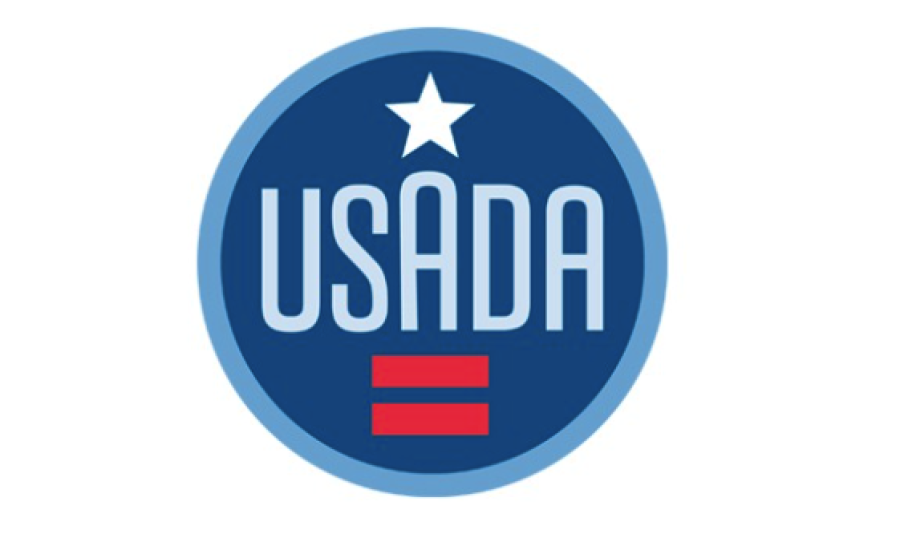WADA Rules Require Publication of Even No Fault Violations: Pet Medication Causes No Fault Violation for Para Track and Field Athlete
USADA announced today that Roderick Townsend of Glendale, Ariz., an athlete in the sport of para track and field, has returned an adverse analytical finding for a prohibited substance that was not specifically listed on the World Anti-Doping Agency (WADA) Prohibited List. After an investigation, USADA determined that the athlete was exposed to this substance through no fault of his own. Townsend will therefore not face a period of ineligibility for his out-of-competition test, but under the World Anti-Doping Code, his no fault violation must be publicly disclosed.
“With increasing detection and investigation capabilities, it’s our responsibility to ensure that we protect innocent athletes while holding accountable intentional cheaters,” said Travis T. Tygart, Chief Executive Officer of USADA. “WADA rules require publication of no fault findings such as this to remain compliant with the rules. We will continue to fervently advocate to WADA that athletes shouldn’t be charged with violations or subjected to public scrutiny when they inadvertently come into contact with a prohibited substance and there is no effect on performance.”
Townsend, 31, tested positive for capromorelin as the result of an out-of-competition urine sample he provided on November 1, 2023. Capromorelin, although not specifically listed on the 2023 WADA Prohibited List, is considered by WADA to be a Non-Specified Substance in the class of Peptide Hormones, Growth Factors, Related Substances and Mimetics. It is prohibited at all times under the USADA Protocol for Olympic and Paralympic Movement Testing, the United States Olympic and Paralympic Committee National Anti-Doping Policy, and the World Athletics Anti-Doping Rules, all of which have adopted the World Anti-Doping Code and the WADA Prohibited List. Following USADA’s feedback during the annual List consultation process, Capromorelin is now specifically named on the 2024 WADA Prohibited List that came into effect Jan 1, 2024.
During USADA’s investigation into his case, Townsend provided USADA with records of a prescription liquid pet medication containing capromorelin, an appetite stimulant that had been prescribed by a veterinarian to maintain his ailing dog’s weight. He administered the medication to his dog orally via syringe each day during the final weeks of his pet’s life. After his dog unfortunately passed away, Townsend stored the syringe he used to administer the medication. He later used the syringe, which did not contain any obvious residue, to measure out and orally administer a liquid vitamin D supplement recommended by his nutritionist.
Through its investigation, USADA determined that Townsend, through no fault of his own, inadvertently ingested capromorelin residue that was present in the syringe. Administration data from a peer-reviewed published study confirms that exceedingly small amounts of orally-ingested capromorelin can cause a positive test consistent with the miniscule levels detected in Townsend’s sample. Therefore, because Townsend tested positive despite any fault or negligence, he will not face a period of ineligibility. Since the sample was collected out-of-competition, there are no competitive results to disqualify.




